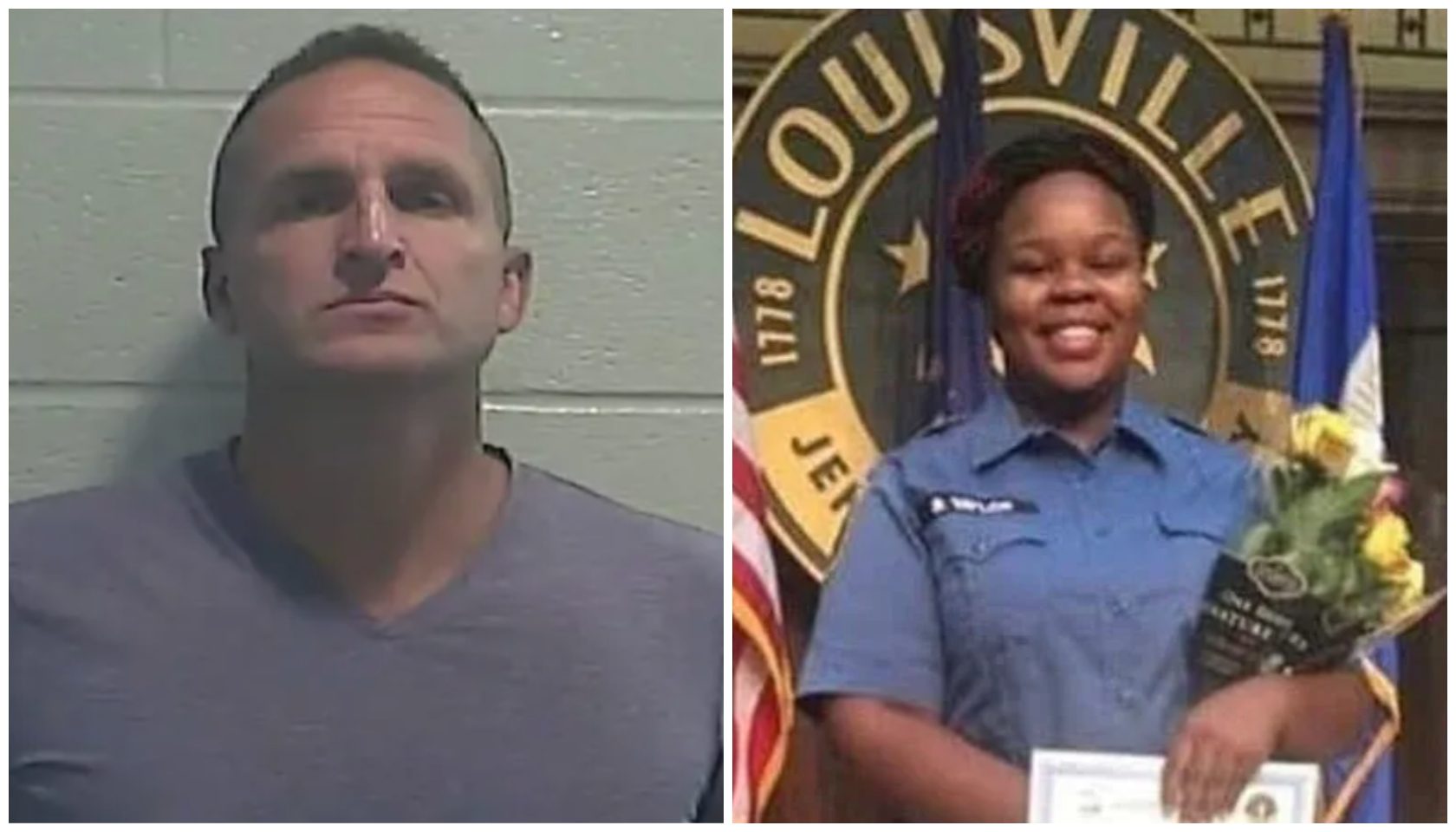BOISE, Idaho (AP) — For many University of Idaho students, a “shelter in place” text message from the school was the first indication that something had gone horribly wrong at the rental house near campus on Nov. 13, 2022.
Madison Mogen, Xana Kernodle, Kaylee Goncalves and Ethan Chapin were found stabbed to death in the Moscow, Idaho home on King Road. The killer, Bryan Kohberger, pleaded guilty to the crimes earlier this month and is expected to be sentenced to four consecutive life sentences.
But there are still more questions than answers in the disturbing case. Here are some things to know for Kohberger’s sentencing hearing on Wednesday.
A plea deal was reached before a trial
Bryan Kohberger, 30, was arrested roughly six weeks after the killings and charged with four counts of first-degree murder. He initially exercised his constitutional right to remain silent when asked to enter a plea, so a judge entered a not-guilty plea on his behalf.
Latah County Prosecutor Bill Thompson announced early on that he would seek the death penalty if Kohberger was convicted. Investigators said Kohberger’s DNA was found on a knife sheath at the home, surveillance video showed a car matching Kohberger’s nearby at the time of the killings, and cell phone data showed him near the house multiple times before the attack.
Kohberger’s defense attorneys got the trial moved to Boise after expressing concerns that the court wouldn’t be able to find enough unbiased jurors in the rural farming community of Moscow. But they were unsuccessful in their efforts to get the death penalty taken off the table, and they weren’t able to prevent critical evidence like the DNA from being admitted in trial.
Both sides reached a plea deal earlier this month. In exchange for Kohberger admitting guilt and waiving his right to appeal, prosecutors agreed not to seek his execution. Instead, both sides agreed to recommend that he serve four consecutive life sentences without parole for the killings.
During the plea hearing on July 2, Judge Steven Hippler explained that he doesn’t have much leeway when it comes to plea deals like this one. The court can’t require a prosecutor to seek the death penalty, and a judge’s primary role in plea hearings is to determine if the defendant is making the plea freely, voluntarily and intelligently. Hippler determined that was the case for Kohberger, and accepted his guilty plea.
The victim’s families were split on how they felt about the plea deal.
Kohberger’s motive and many other details are unknown
Investigators have not revealed what they think may have motivated Kohberger’s actions.
At the time of the killings, Kohberger was a criminal justice graduate student at Washington State University, and Thompson has said he used his knowledge about forensic investigations to attempt to cover his tracks by deep cleaning his vehicle after the crime.
Police say Kohberger’s Amazon purchase history shows he bought a military-style knife as well as the knife sheath found at the home. But the knife itself was never found.
The case drew widespread interest and judges feared the publicity could harm Kohberger’s right to a fair trial. A sweeping gag order was imposed and hundreds of court documents were sealed from public view.
After Kohberger pleaded guilty, Hippler agreed to lift the gag order. The documents will be unsealed after the sentencing hearing but that will take time. It’s not clear how many answers they might contain.
Kohberger can speak at sentencing or refuse
The families and surviving roommates of the victims will have the opportunity during the sentencing hearing to describe the damage the killings have done to them. Because there are so many of them, the hearing could stretch into Thursday.
Kohberger will also have the opportunity to speak — a process called the “right of allocution.” Defendants might use their statement to express remorse, ask for mercy, or to say whatever else they think the court should hear before sentencing. But because the U.S. Constitution’s 5th Amendment guarantee of the right to remain silent remains in effect during sentencing hearings, they also might choose not to speak at all.
Kohberger doesn’t have to say anything — and the judge can’t force him to.
Many, including President Donald Trump, have urged the judge to somehow make Kohberger explain himself.
“I hope the Judge makes Kohberger, at a minimum, explain why he did these horrible murders,” Trump wrote online on Monday. “There are no explanations, there is no NOTHING.”
Foundations honor Kaylee, Maddie, Xana and Ethan
Friends and family members have sought to commemorate the victims’ lives by raising money for scholarships and other initiatives.
Ethan’s Smile Foundation, started by Chapin’s family, honors his “love of life, people, and new adventures by providing scholarships that enable others to follow their dreams,” its website says.
The Made With Kindness Foundation honors the legacy of Mogen, Goncalves, and Kernodle through scholarships, wellness support and empowerment initiatives. “Our mission is to inspire and uplift the next generation, turning their dreams into realities in a world that values compassion and community,” its website says.
The University of Idaho built the Vandal Healing Garden and Memorial in memory of all students who passed away while enrolled at the school.
Rebecca Boone, The Associated Press



